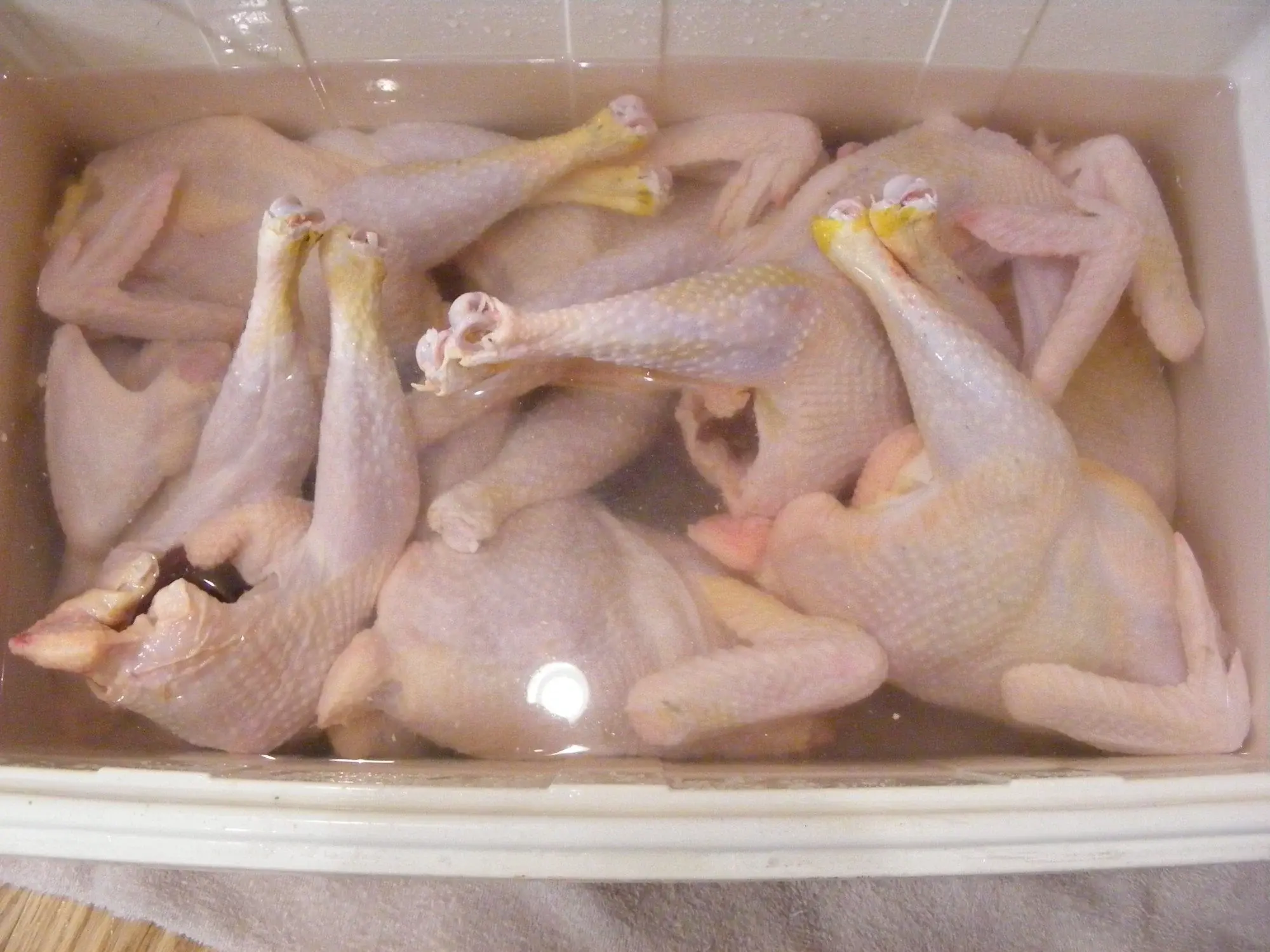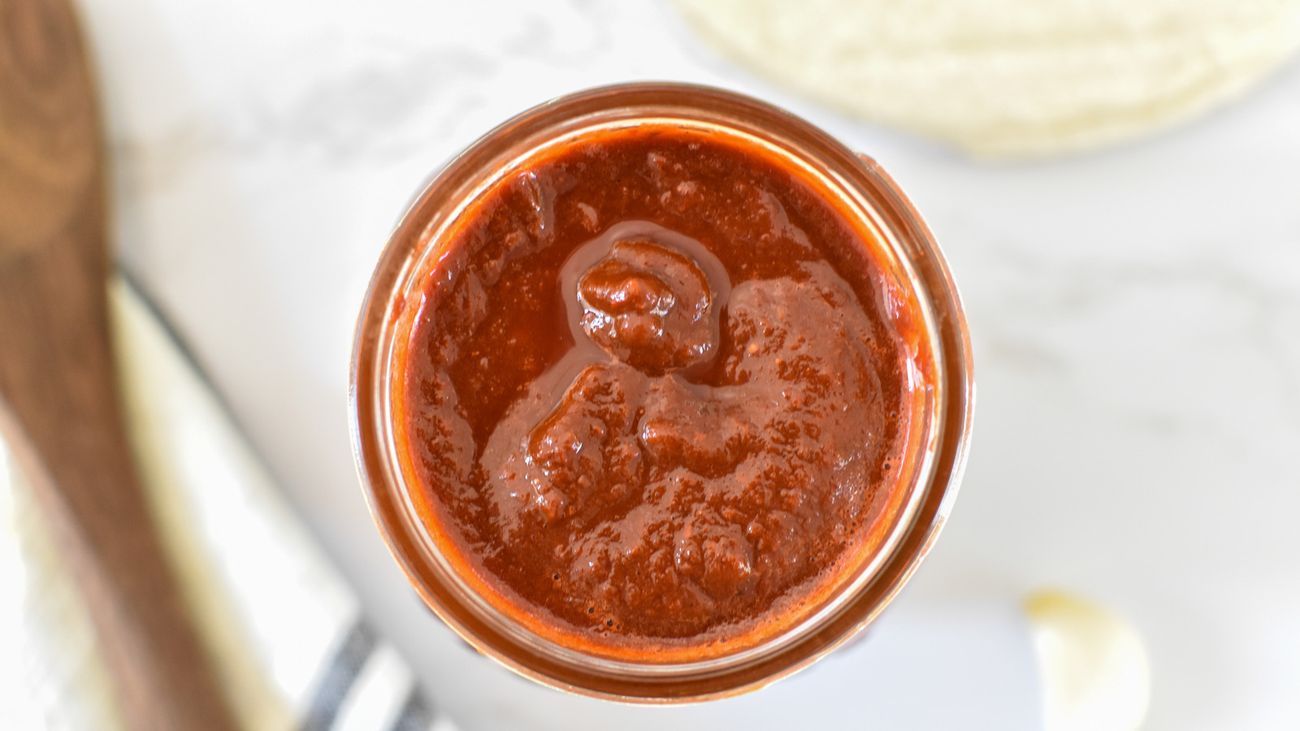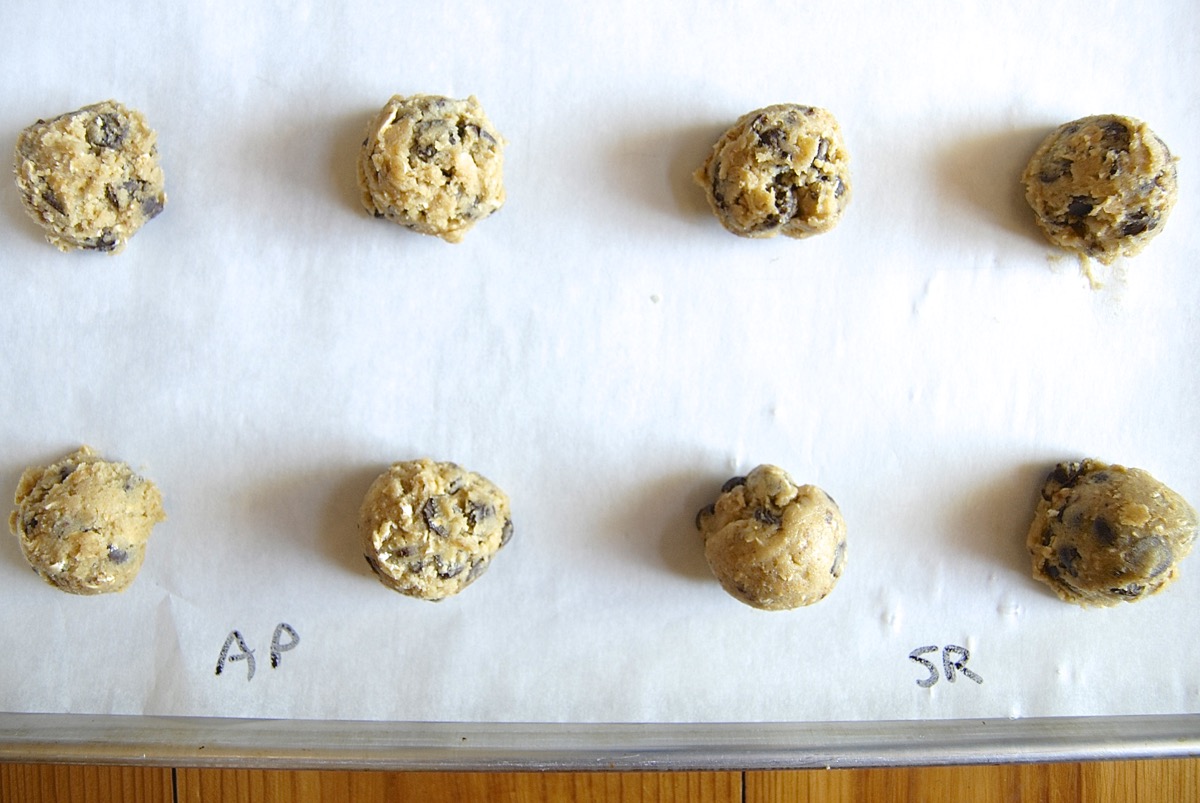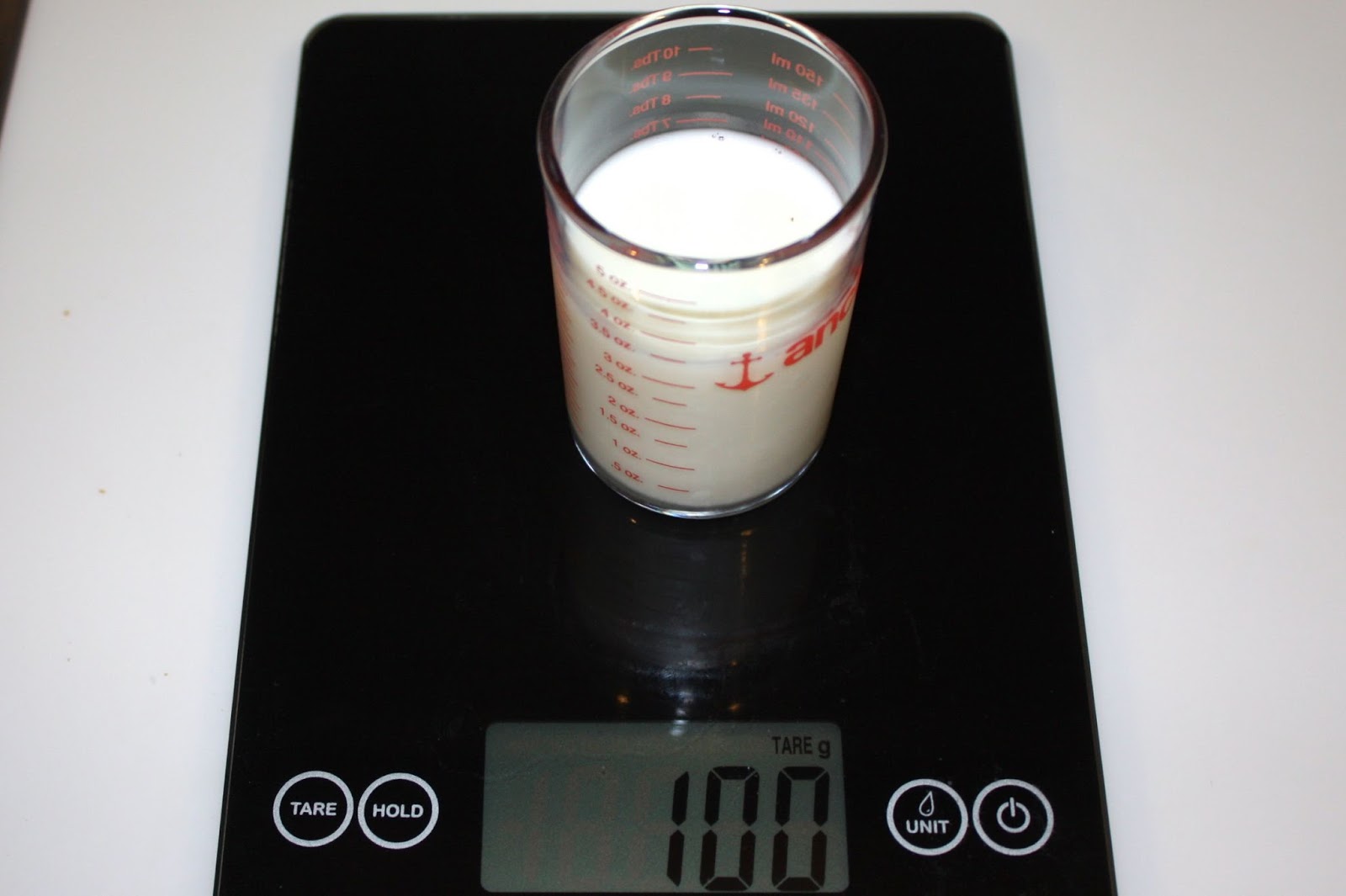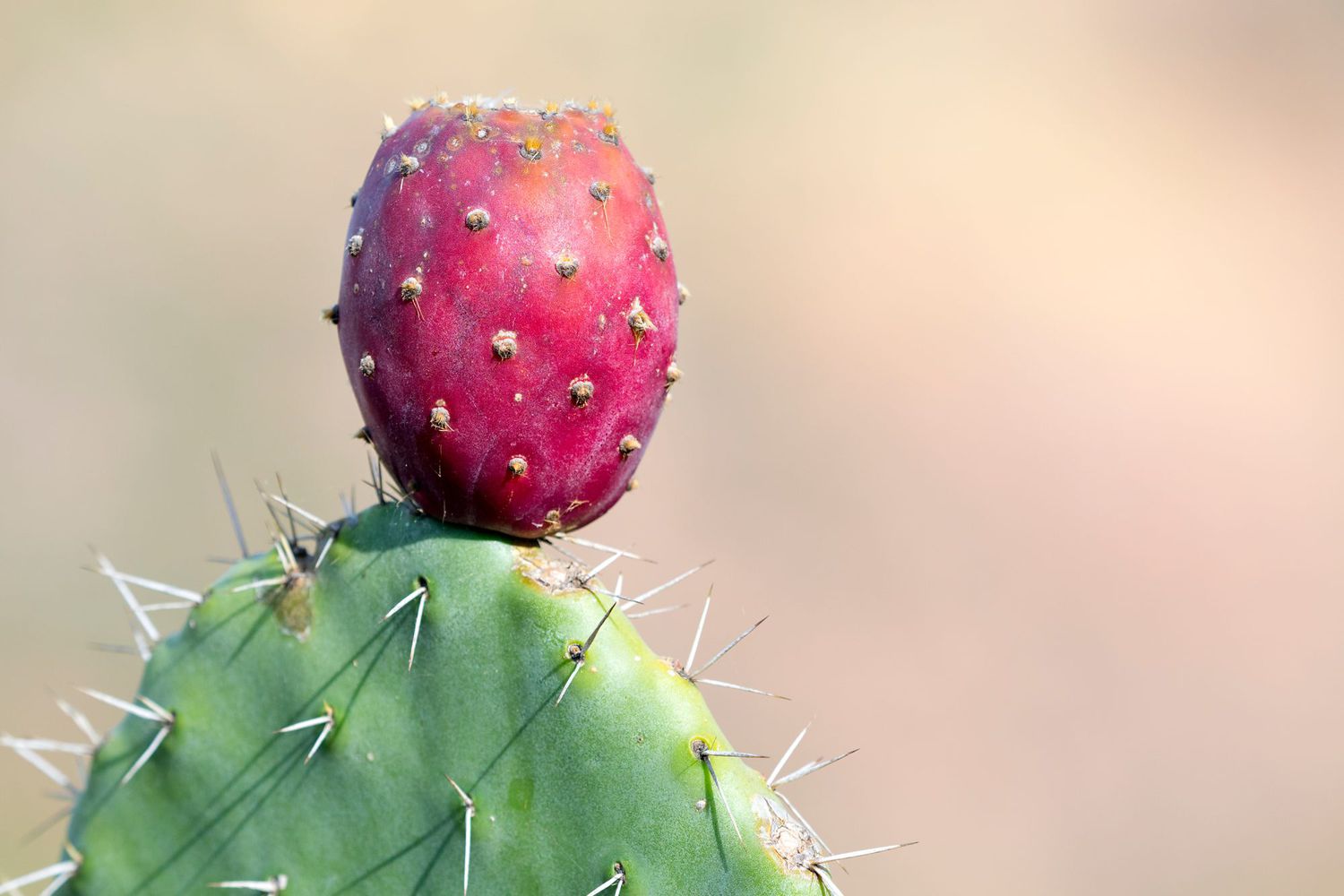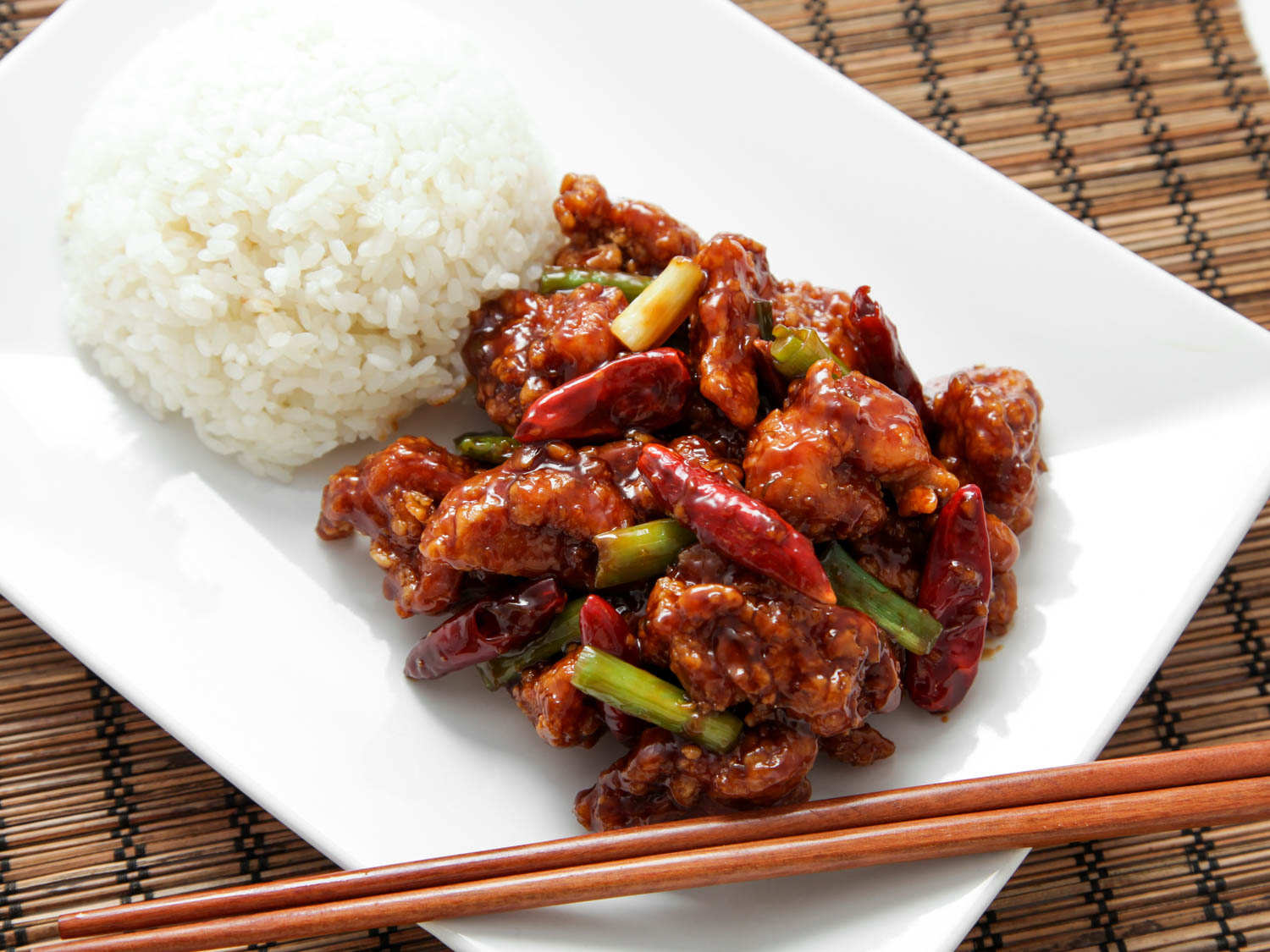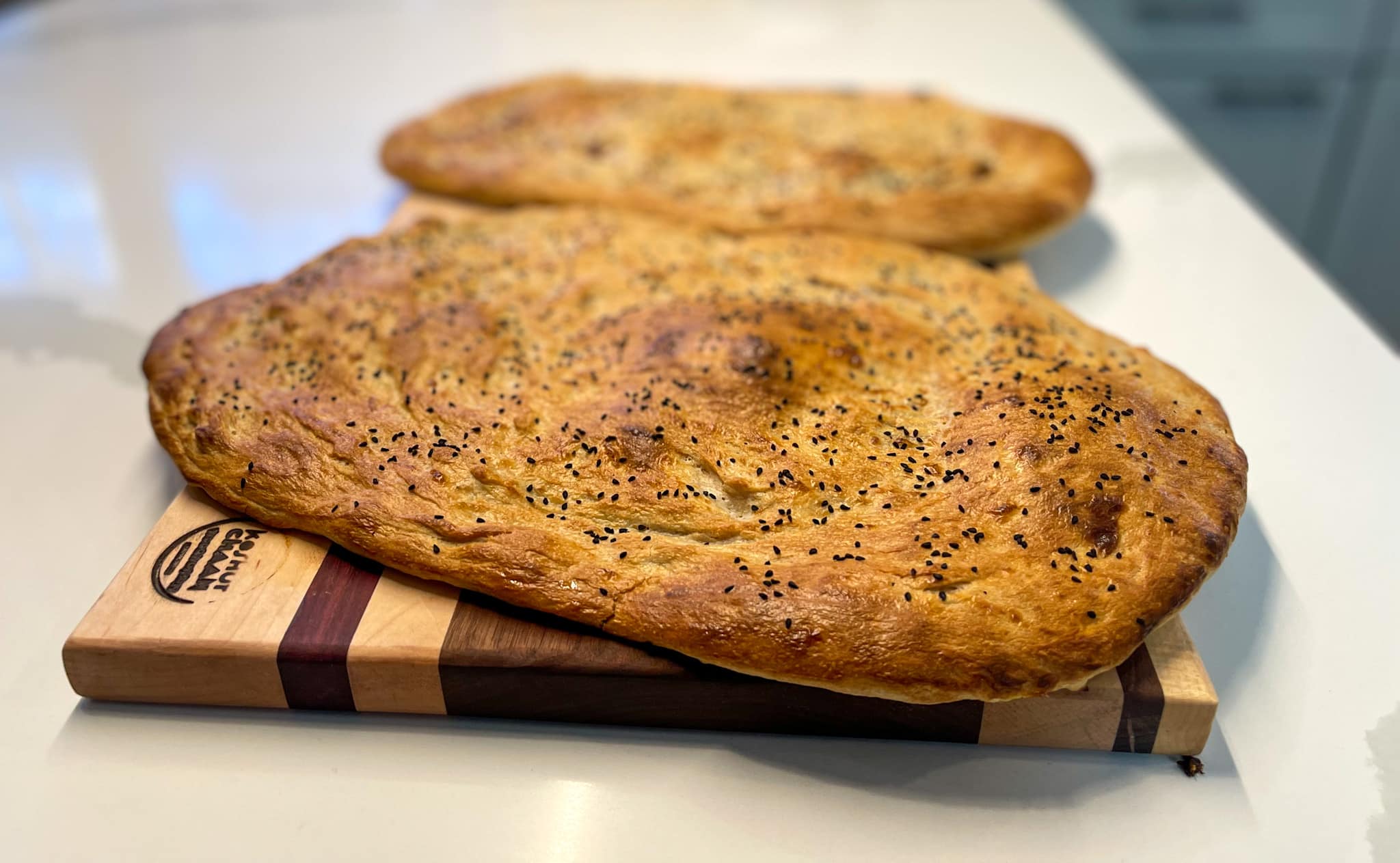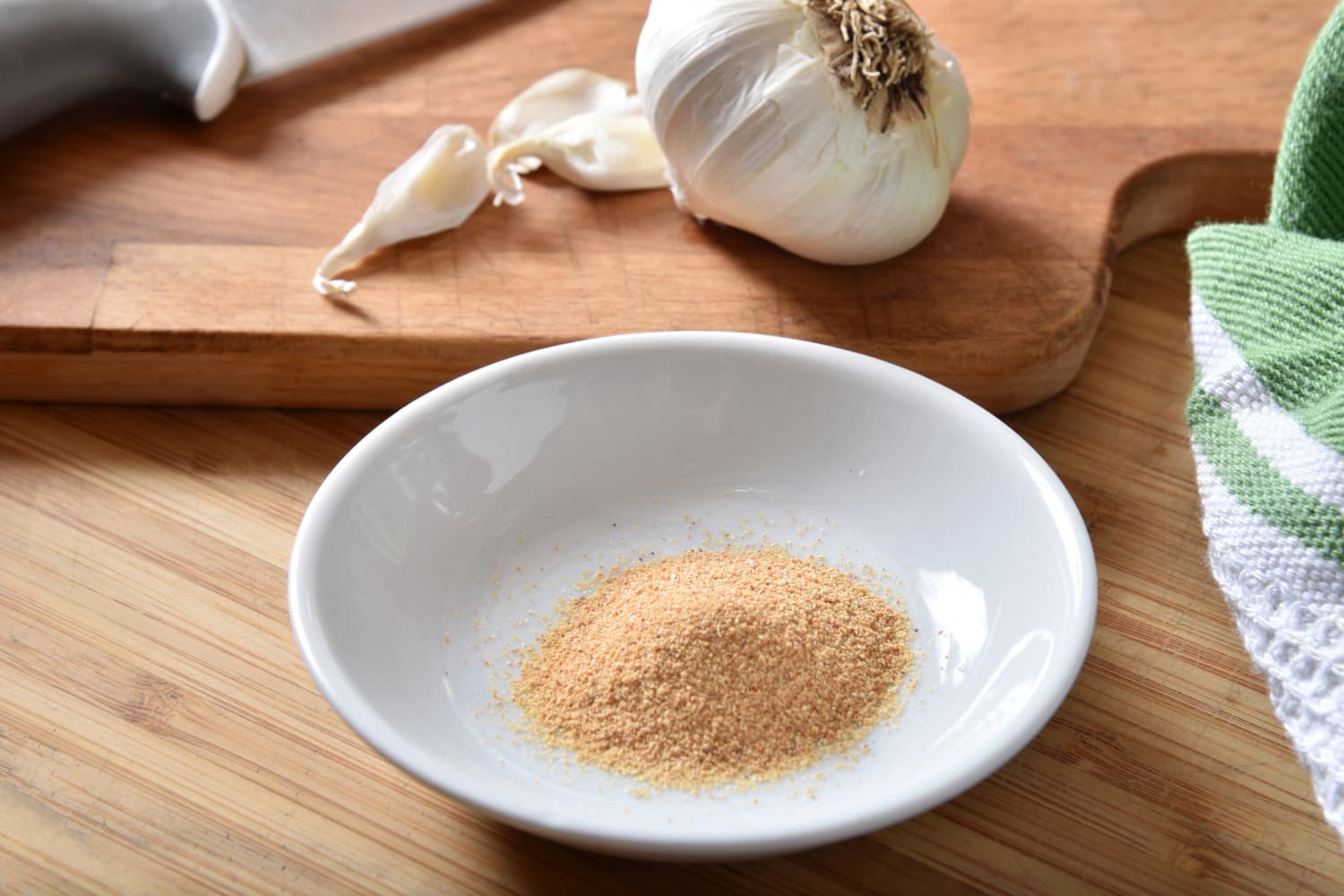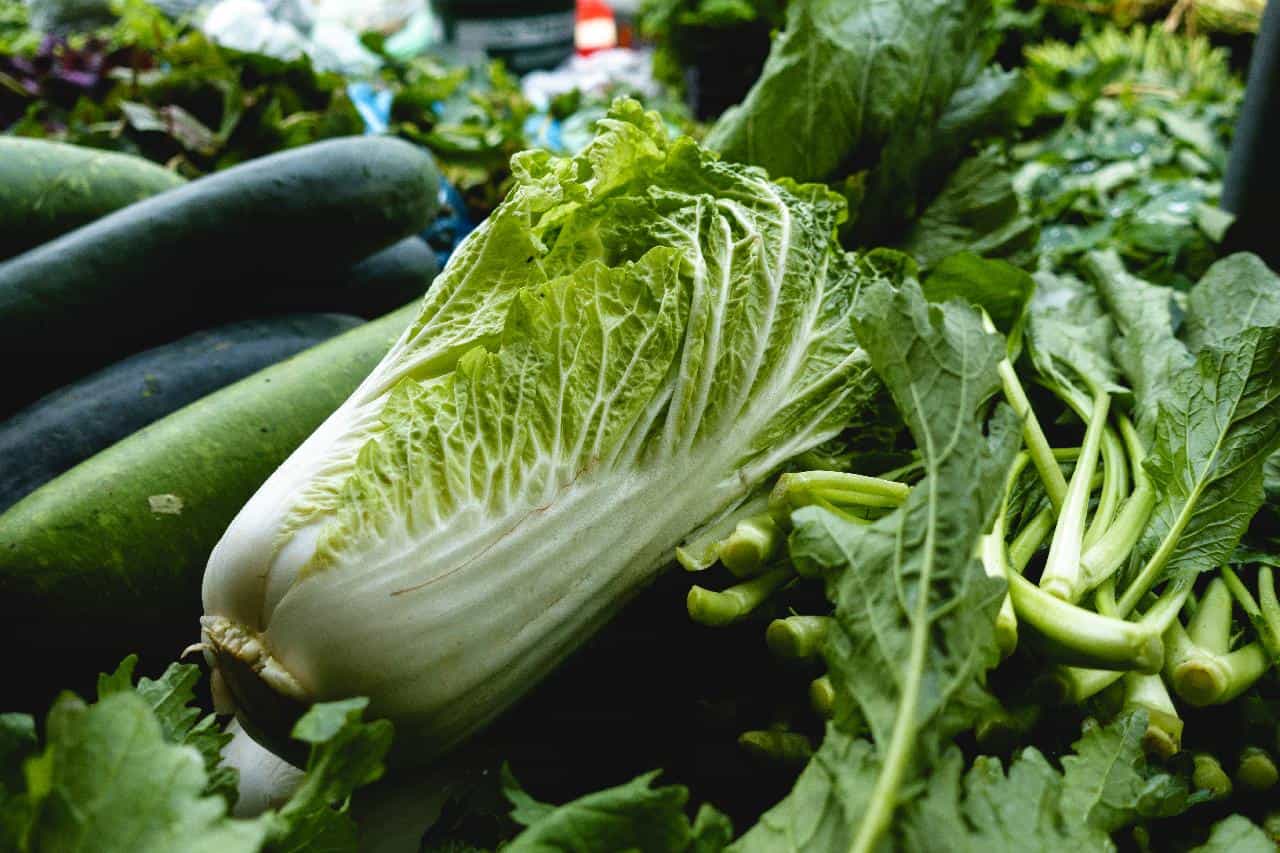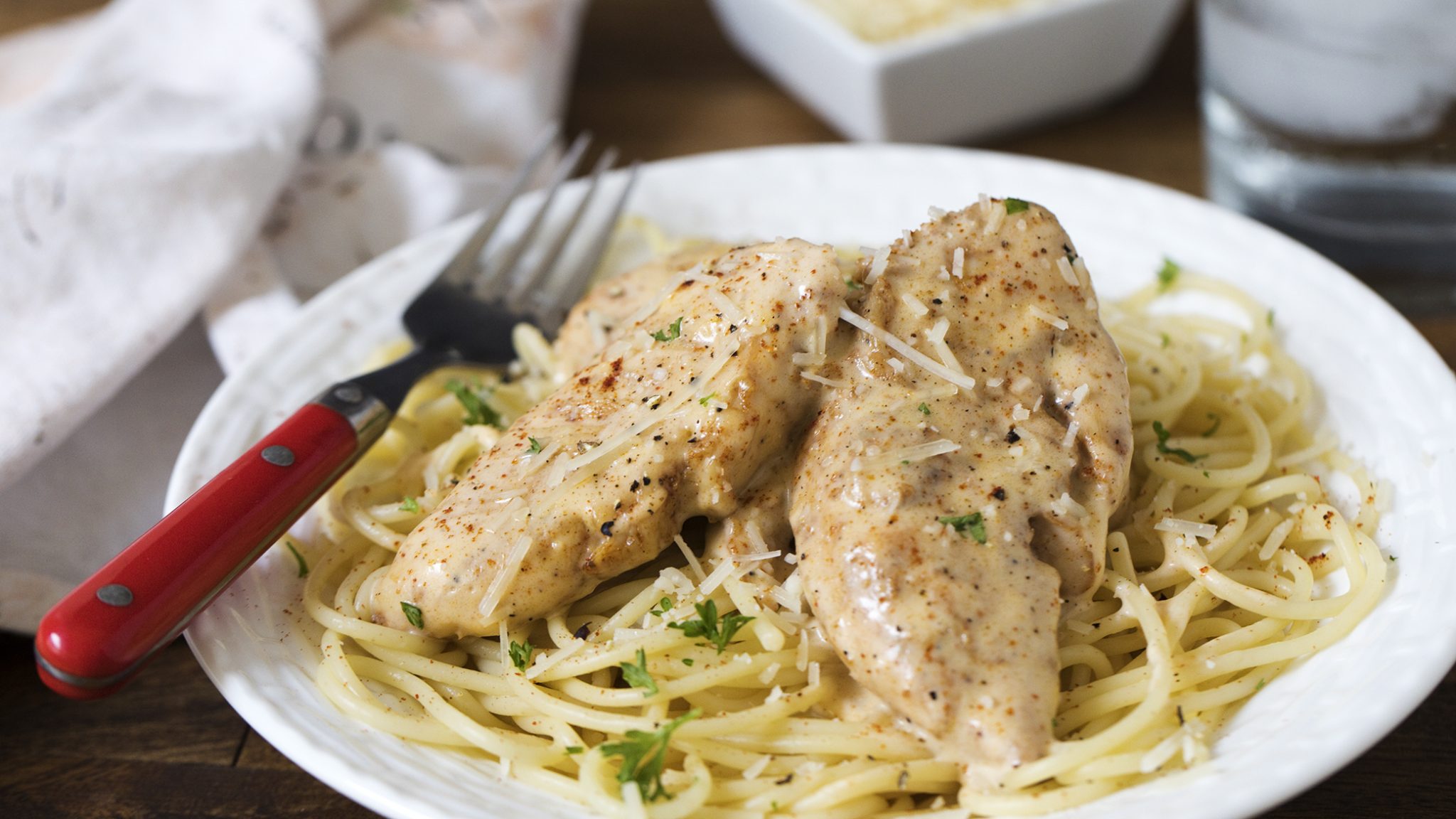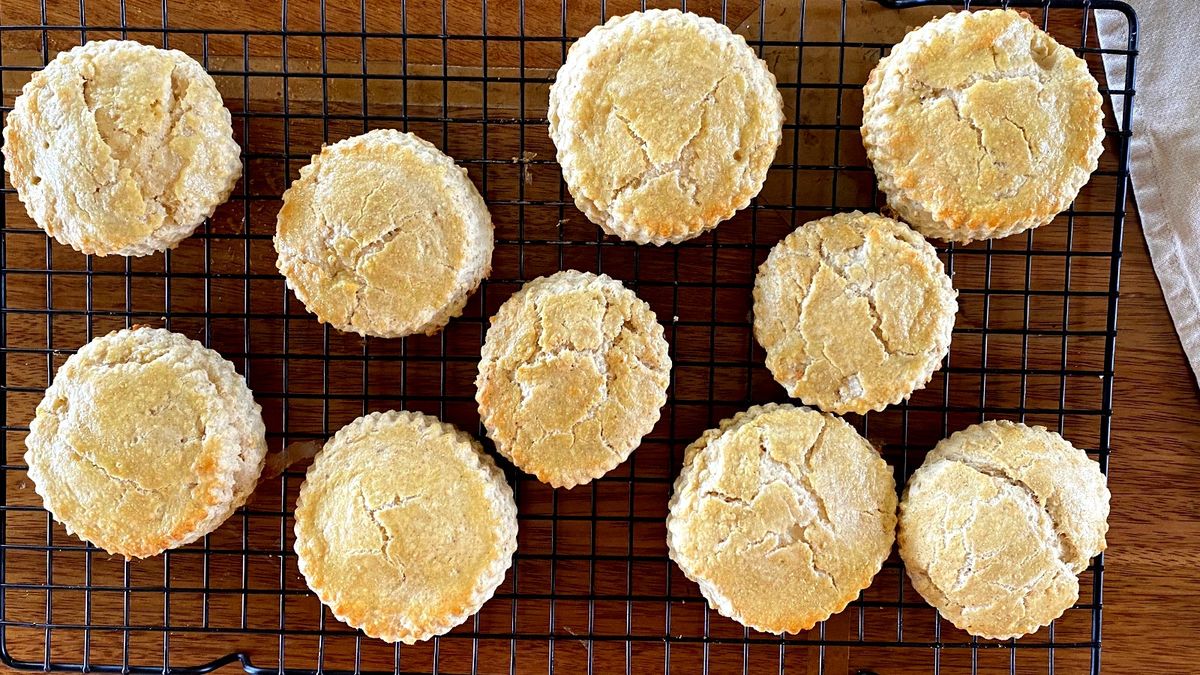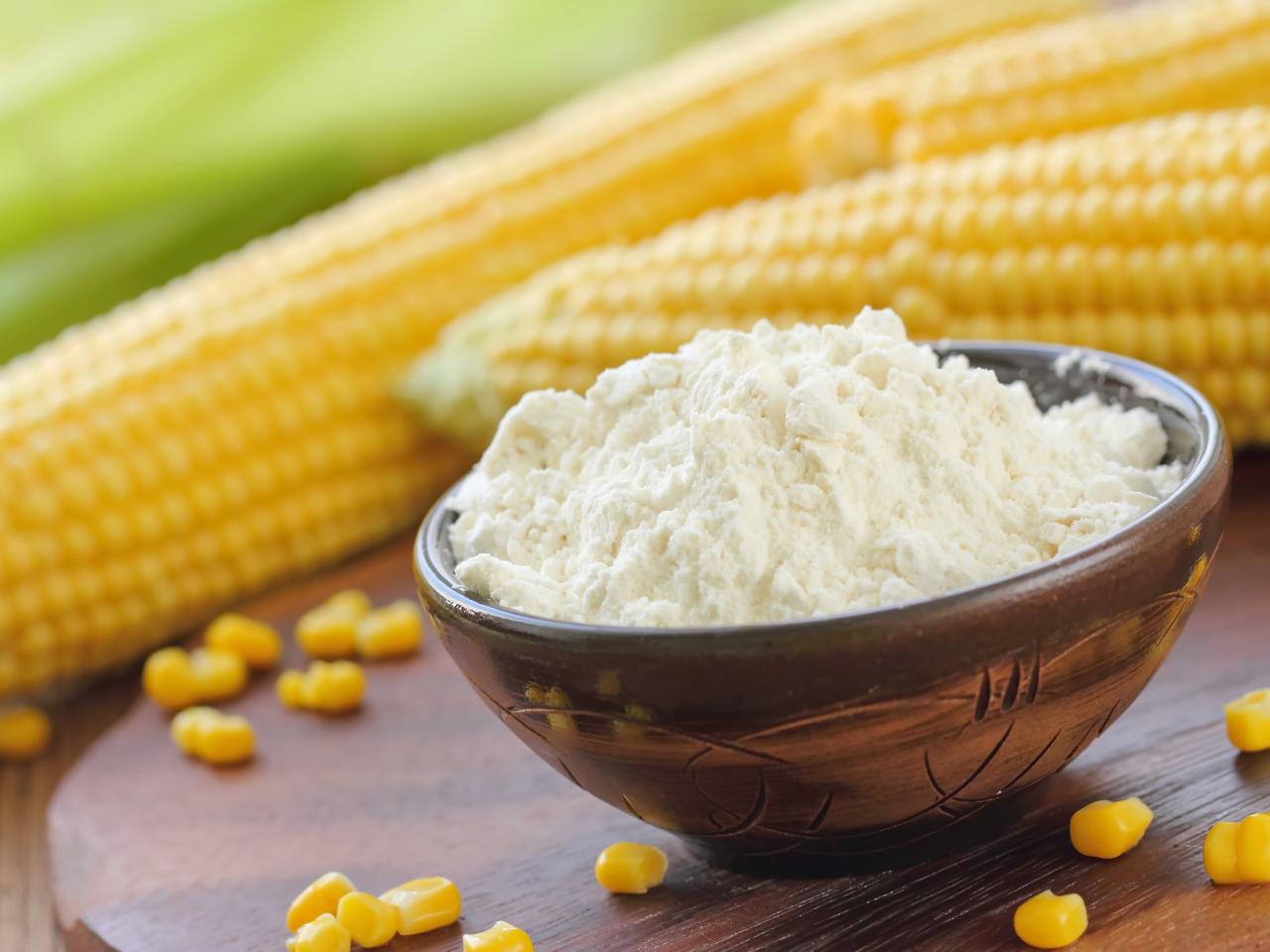Understanding Chicken Juice: What It Is and How to Use It
When it comes to cooking, there are many ingredients and components that can add flavor and depth to a dish. One such element is chicken juice. But what exactly is chicken juice, and how can it be utilized in the kitchen? Let’s delve into the world of chicken juice and explore its uses and benefits.
What is Chicken Juice?
Chicken juice is the natural liquid that is released from chicken meat during the cooking process. As the chicken cooks, the juices from the meat are released, creating a flavorful and aromatic liquid that is packed with the essence of the chicken.
There are a few different ways that chicken juice can be obtained:
- Roasting: When chicken is roasted, the juices collect at the bottom of the pan, creating a rich and savory liquid.
- Grilling: Grilled chicken also releases juices, which can be used to enhance the flavor of the meat.
- Resting: Allowing cooked chicken to rest before carving can result in a pool of delicious juices on the cutting board.
Uses of Chicken Juice
Chicken juice is a versatile ingredient that can be used in a variety of ways in the kitchen. Here are some common uses for chicken juice:
- Gravy: The rich and savory flavor of chicken juice makes it an ideal base for homemade gravy.
- Marinades: Chicken juice can be used as a flavorful addition to marinades for other meats or vegetables.
- Flavoring: Use chicken juice to add depth and richness to soups, stews, and sauces.
- Basting: When roasting or grilling other meats, baste them with chicken juice for added flavor and moisture.
How to Collect Chicken Juice
If you want to collect chicken juice for use in your cooking, there are a few different methods you can try:
- Use a baster to collect the juices from the bottom of the roasting pan.
- After cooking chicken, allow it to rest on a cutting board and then transfer the accumulated juices to a container.
- If grilling chicken, place a tray underneath the meat to catch the drippings.
Once you have collected the chicken juice, it can be stored in the refrigerator for a few days or frozen for longer-term use.
Final Thoughts
Chicken juice is a valuable and flavorful component of cooking with chicken. Whether you use it to make gravy, enhance the flavor of other dishes, or add moisture to meats, chicken juice is a versatile and delicious addition to any kitchen. So, the next time you cook chicken, be sure to make the most of this delectable liquid!
Now that you understand what chicken juice is and how to use it, you can elevate your culinary creations with the rich and savory flavor it provides.
Was this page helpful?
Read Next: What Is Birria Sauce
